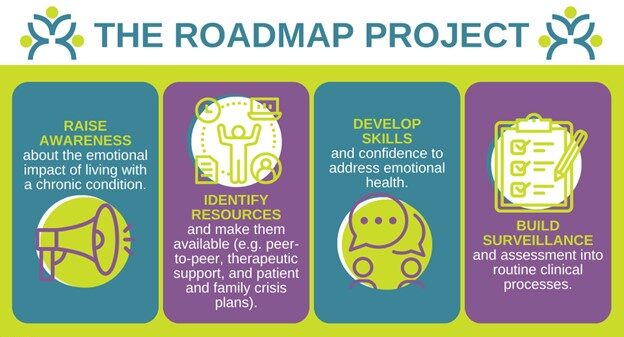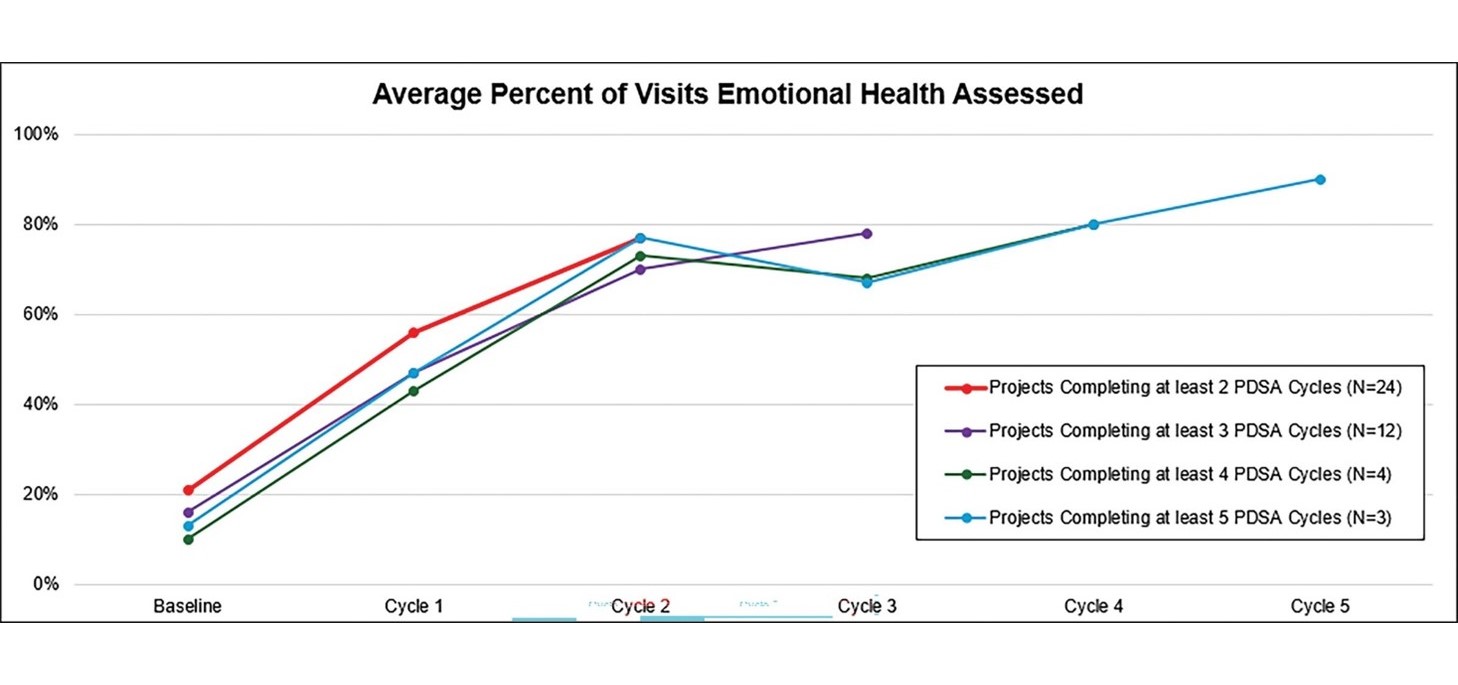Study Reveals Most Effective School-Based Suicide Prevention Programs
Research By: Landon Krantz, MD
Post Date: September 11, 2023 | Publish Date: Aug. 18, 2023

New research from Cincinnati Children’s that evaluates student-led suicide prevention programs could help educators select which program is most likely to work best for their schools.
The study, published in the Archives of Suicide Research, was led by Landon Krantz, MD, pediatrician and clinical research fellow at Cincinnati Children’s. The work builds upon the world-class programs offered by Cincinnati Children’s, which is the largest provider of inpatient pediatric mental health services in the U.S.
One size does not fit all
The evaluation provides information about effective, easily accessible programs to reduce suicide, now the second leading cause of death for youth aged 10-18 in the U.S.
The research team evaluated 12 programs that coincide with the criteria of the Suicide Training and Awareness Nationally Delivered for Universal Prevention Act of 2021 (STANDUP). This act provides funding for middle school and high school programs that teach students to pay attention to suicide warning signs, how to seek help when in need, and where to find resources for themselves and their peers.
Researchers summarized program results across several factors, including cost, resources needed for implementation, age appropriateness and other demographics.
“Many of these programs are feasible to implement and have been implemented in the U.S. and other countries,” Krantz says. “Schools wanting to start suicide prevention programs should assess their capacity to handle an increase in students needing resources and establish formal policies for suicide prevention. The programs in the study are not one size fits all answers for all schools. Each institution should look at each program and determine which one would best suit them based on student demographics and location.”
Guided by LEGEND
The research team evaluated the programs using the Let Evidence Guide Every New Decision system (LEGEND), developed by the James M. Anderson Center for Health Systems Excellence at Cincinnati Children’s.
The Anderson Center was formed to accelerate quality improvement and adoption of best-practices through sharing ideas, knowledge and data. The LEGEND system is designed to provide a comprehensive, evidence-based view of program efficacy.
Get Help
If you or someone you know is showing signs or expressing suicidal thoughts, use the free suicide and crisis helpline by calling 988.
| Original title: | A Guide for Schools on Student-Directed Suicide Prevention Programs Eligible for Implementation under the STANDUP Act, a Rapid Review and Evidence Synthesis |
| Published in: | Archives of Suicide Research |
| Publish date: | Aug. 18, 2023 |
Research By

My research interests center around adolescent mental health and how to support adolescents as they navigate those particularly challenging teenage years.





